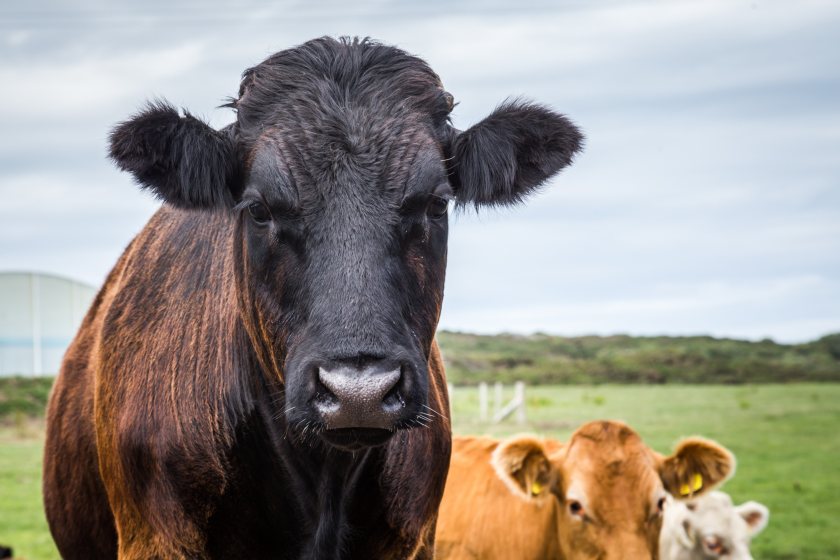
Despite frustrations over the delay in introducing bovine viral diarrhoea (BVD) legislation in Wales, the long awaited BVD Wales Order will soon be introduced.
From July, farmers and keepers will need to screen their herds for BVD annually by testing a small number of cattle as part of the new legislation.
They will also need to isolate persistently infected (PI) animals from the rest of the herd for the remainder of their lives.
BVD is a viral infection of cattle, which can cause a variety of health issues, including abortion, infertility and Mucosal Disease which is fatal.
The virus is maintained in herds by a small population of animals that are born 'persistently infected' with the virus.
The estimated annual costs of BVD for a 100 cow beef herd of £4,500, and upwards of £15,000 for a 130 cow dairy herd.
It was anticipated that an immediate introduction of this legislation would have stamped out the remaining pockets of BVD following the success of the voluntary Gwaredu BVD screening programme.
However, 18 months have passed since the funding provided by the Welsh government for Gwaredu BVD ended, which has resulted in a reported 83% less submissions for BVD testing by the Wales Veterinary Science Centre.
The first phase of the new legislation will require all cattle keepers to test their herds for BVD annually and isolate all PI animals from the rest of the herd for the remainder of their lives.
The Farmers' Union of Wales (FUW) said while this was a step in the right direction for eradicating BVD, it raised concerns regarding the support available for a successful rollout of the legislation.
"We now call on the Welsh government to continue supporting the industry and its ambitions to improve the health and welfare of cattle," said FUW policy officer, Elin Jenkins.
“The eradication of BVD would benefit the health and welfare of Welsh cattle leading to improved farm efficiencies and reduction of carbon footprint.
"It would extend to promoting Welsh producers in current and future trade negotiations bringing Wales in line with many other countries that already have a BVD-free disease status."
